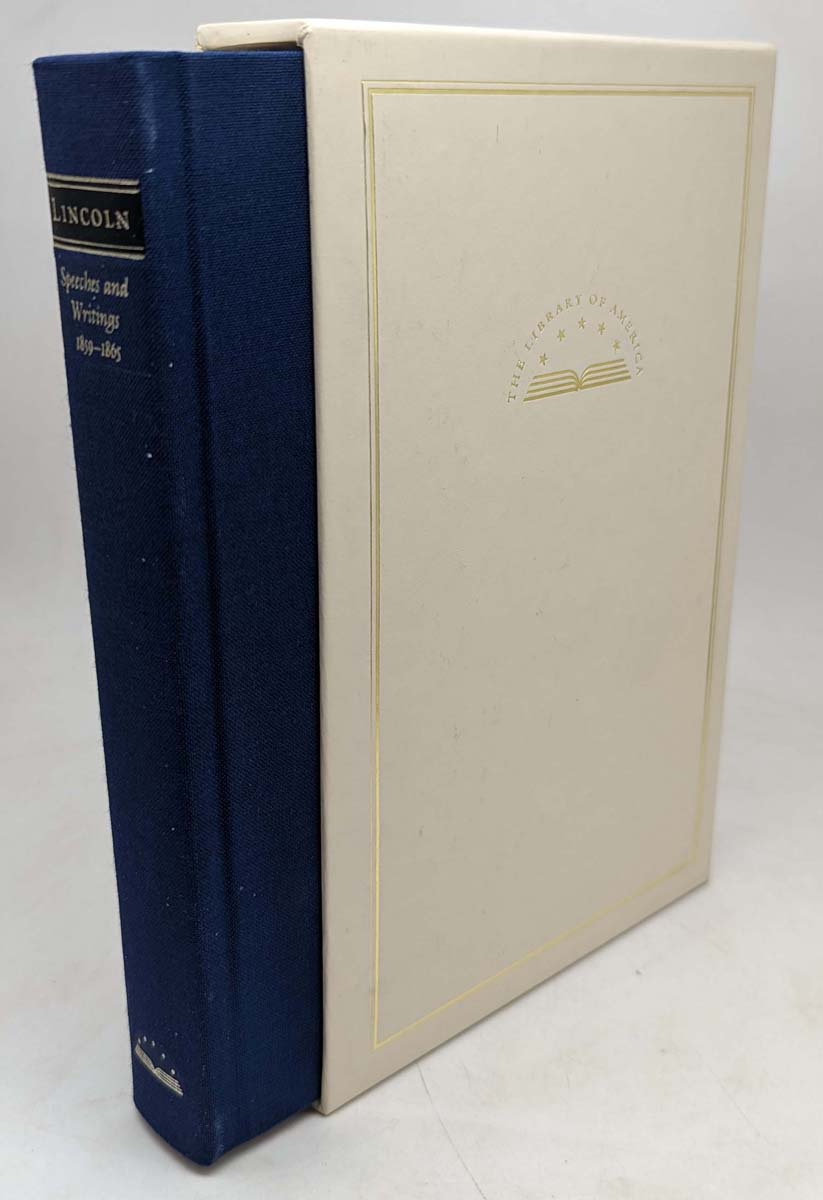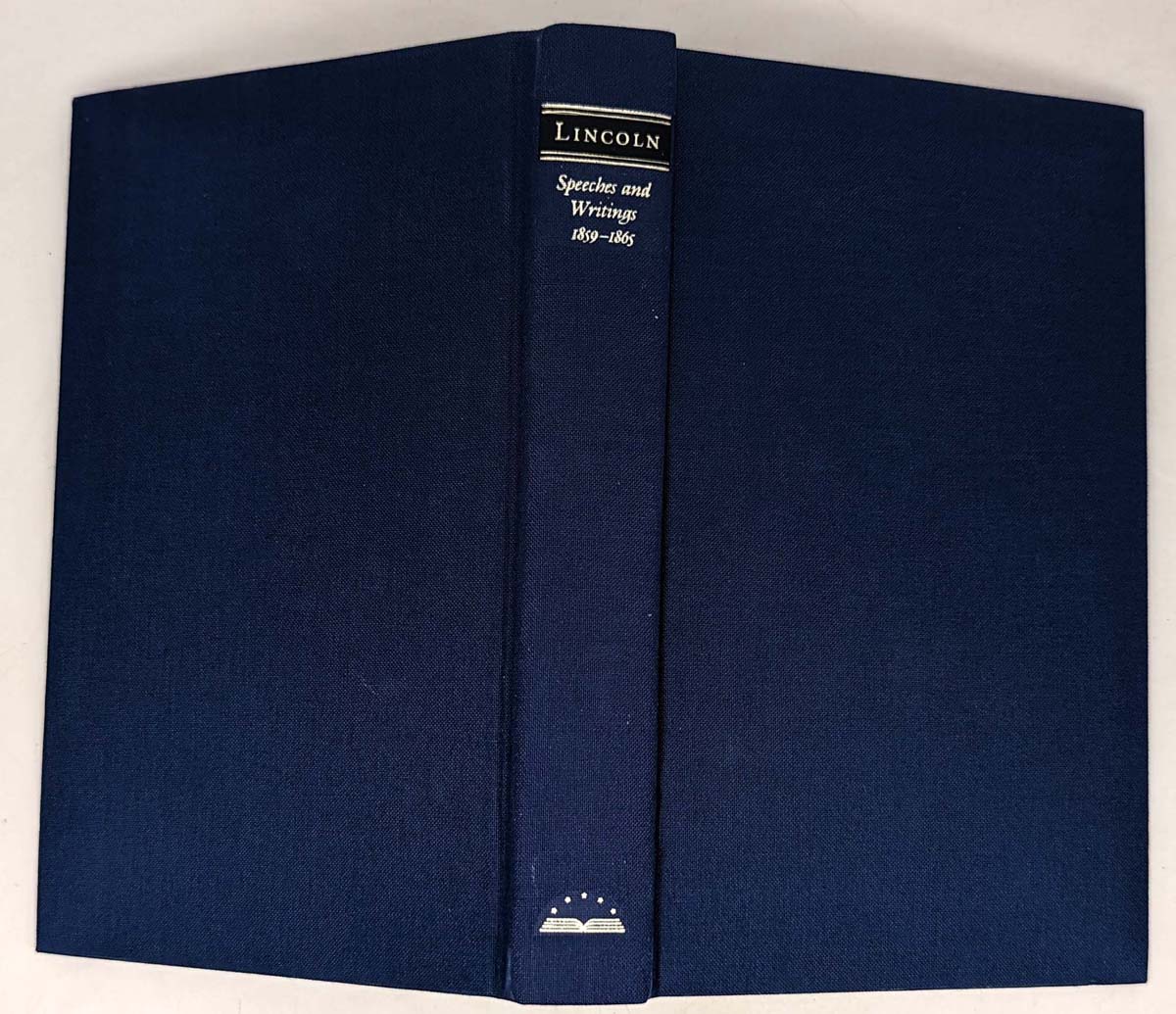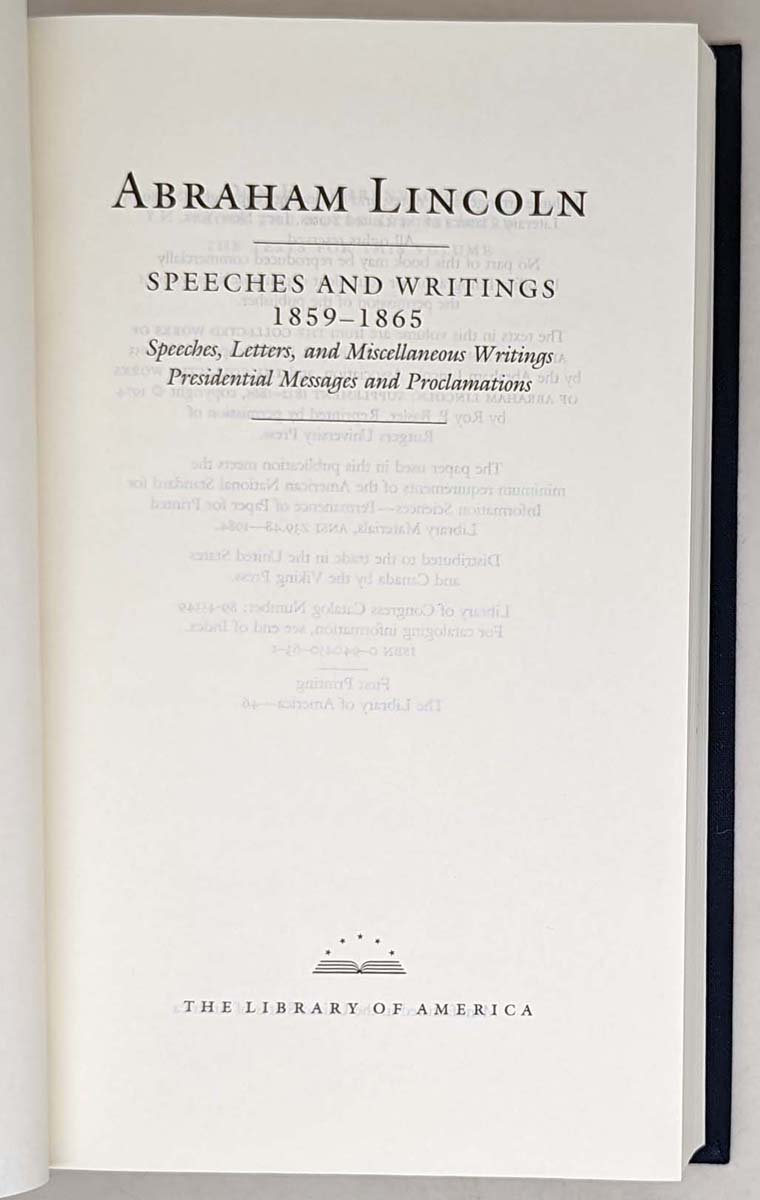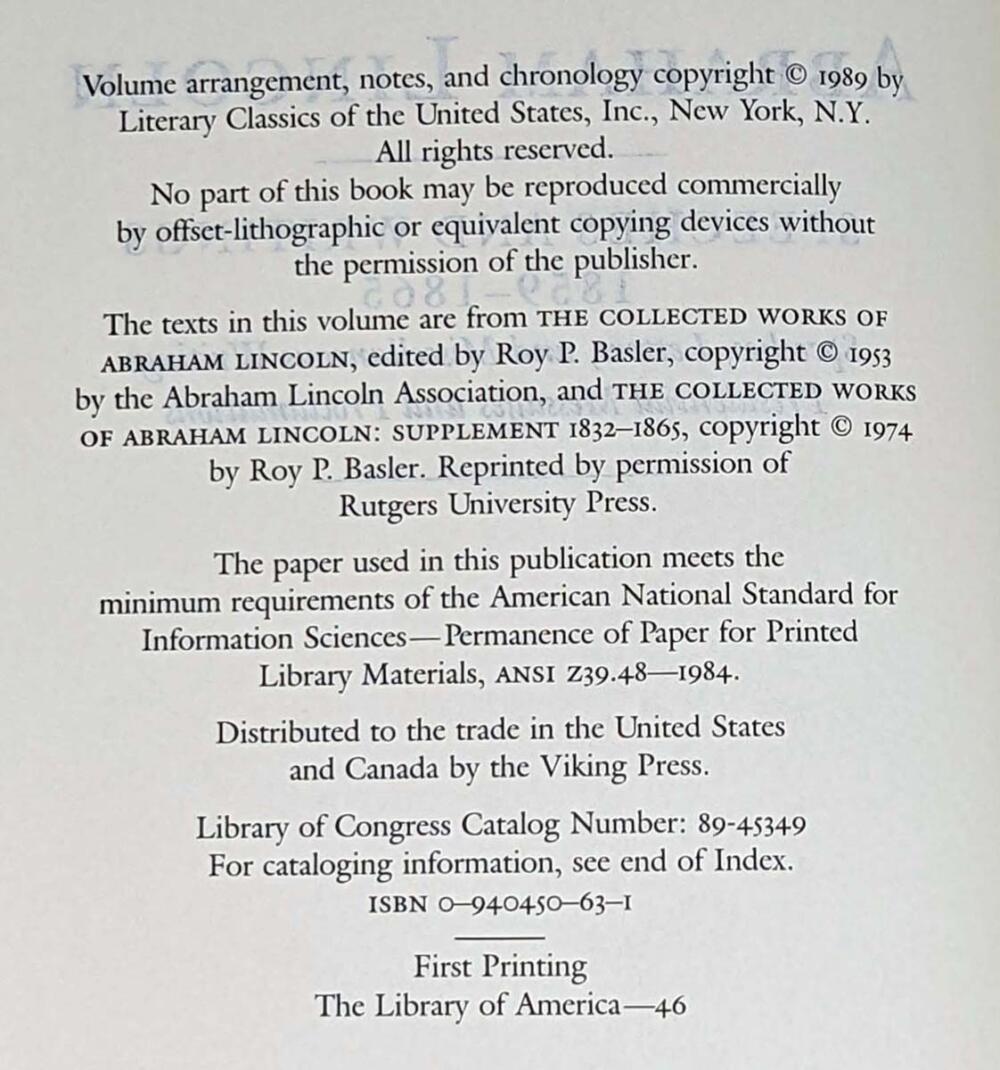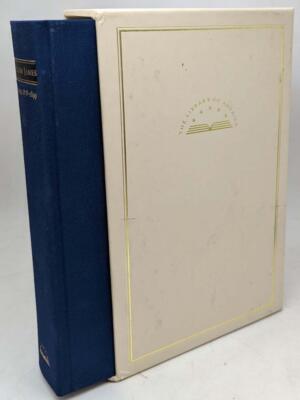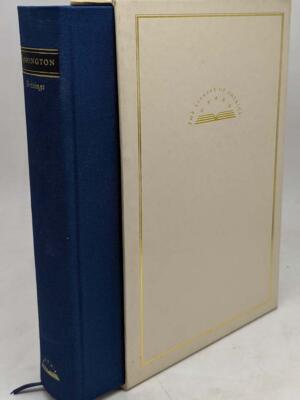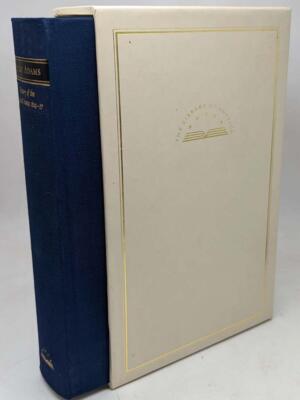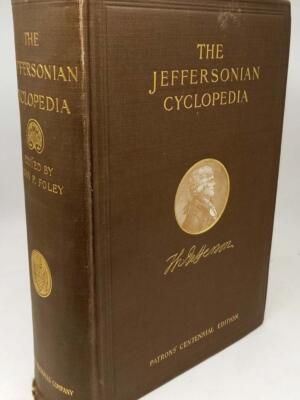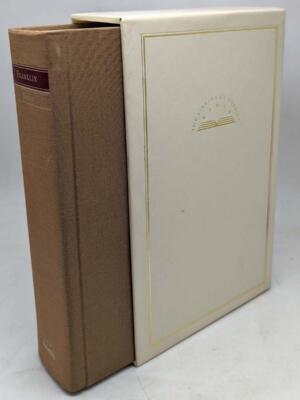Abraham Lincoln: Speeches and Writings 1859–1865 (1989) is the second volume of the Library of America’s definitive collection of Lincoln’s most consequential works, covering the tumultuous years from his rise to the presidency through the Civil War and his assassination. Edited by Don E. Fehrenbacher, this anthology captures Lincoln’s moral clarity, political genius, and eloquence in the face of national collapse.
Key Documents
- 1860 Cooper Union Address: The speech that made him a national figure, dismantling slavery’s expansion with legal precision.
- First Inaugural (1861): “The mystic chords of memory” plea to avert war.
- Gettysburg Address (1863): The 272-word masterpiece redefining democracy.
- Second Inaugural (1865): “With malice toward none” reconciliation vision.
LoA’s edition includes private letters (e.g., to Grace Bedell on growing a beard) and war orders, with notes contextualizing his evolving stance on emancipation.
For deeper study, pair with Frederick Douglass: Autobiographies (1994) or The Civil War: The First Year (2011), also from LoA.
(Fun fact: Lincoln penned the Gettysburg Address on borrowed stationery—its humility mirrors its message.)
